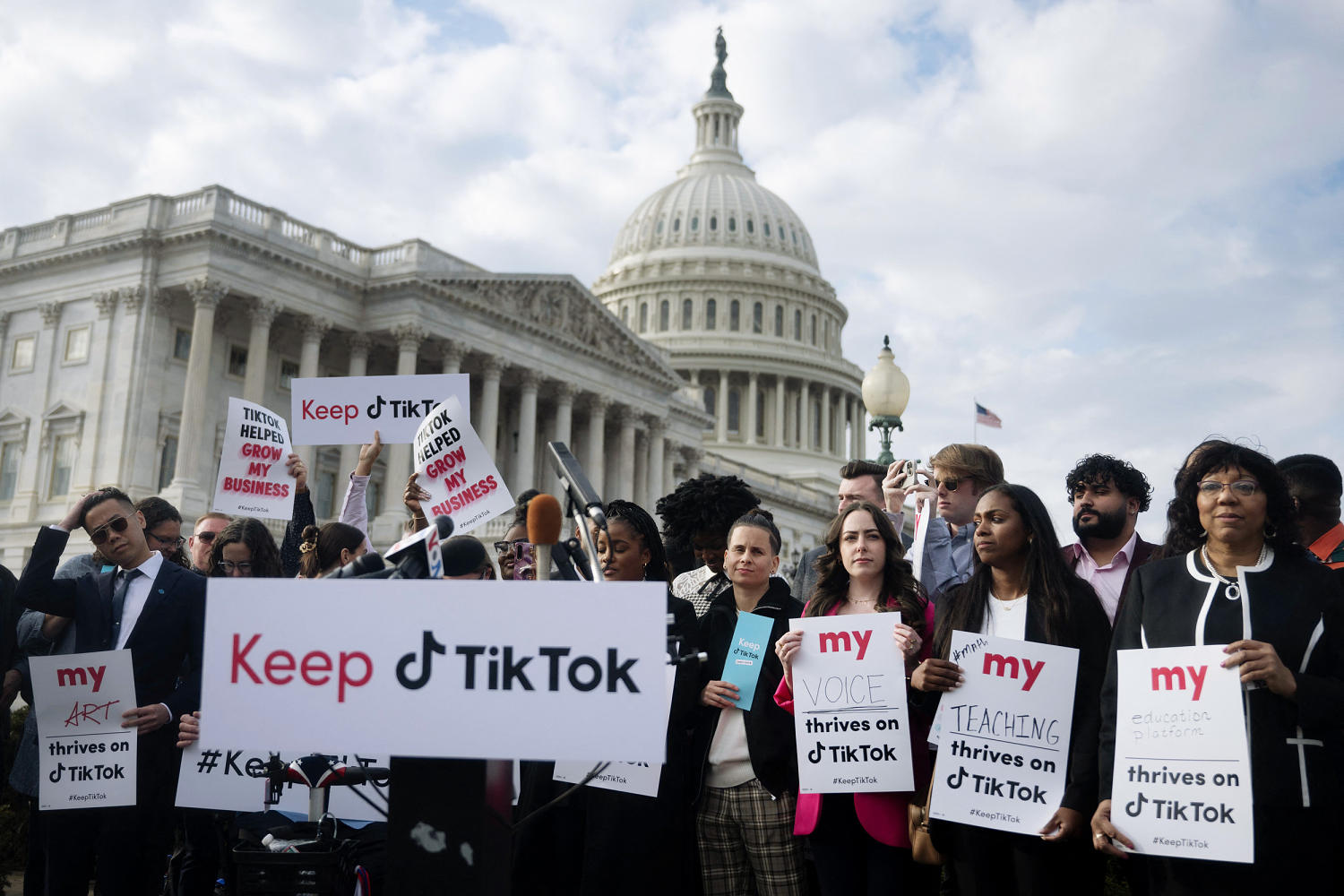Nearly every piece of financial advice—whether the goal is to pay off debt, save for a big purchase, or start investing—starts with making a budget.
I’ve been writing about personal finance for nearly 10 years. Hearing this advice repeatedly has reminded me of what we’ve seen for decades in the health care field, where people are frequently met with advice to go on a diet, regardless of the issue they bring to a health care provider.
Yet, we know from nearly a century of research in the health care industry that weight loss doesn’t always yield the health outcomes people are looking for, and dieting isn’t effective for weight loss or improving health.
This begs the question: Should personal finance experts continue to rely on this diet-like approach to money? The answer complicates everything the personal finance industry has been teaching.
Just like diets, research regularly finds people don’t stick to budgets. An experiment at the University of Minnesota in 2018 found that the practice of budgeting makes spending unpleasant, which discourages people from sticking to it. In the study, participants were randomly assigned to track either their Black Friday shopping or their regular spending over the same period. After the holiday weekend, participants rated how much they enjoyed spending on each category. Researchers found participants enjoyed spending less on the category where they tracked their budget. The study found the lower enjoyment meant participants had lower intentions to continue tracking a budget.This effect, the researchers found, was stronger the less money you have.
Even if you’re willing to push through the “pain” of budgeting, though, the practice doesn’t come with many empirical benefits.
Read More: The Best Financial Advice for Young Adults
In the same study by the University of Minnesota, the researchers also found budgets aren’t an effective way to reduce your spending. Following the spending of budgeters and non-budgeters for 10 weeks, the researchers discovered budgeting has both a positive and a negative effect on spending: When participants spent more than budgeted in one week, they compensated by spending less the following week. But the effect also went the other way: When participants spent less than budgeted in one week, they reacted the following week by spending more. The researchers found active budgeting causes these restrict-and-splurge swings over a longer period, too.
“The net effect,” the authors concluded, “was that budget trackers were no more likely to attain their financial goals than those who did not track their budgets.” This contradicts the personal finance industry’s insistence on putting budgeting at the forefront of any financial plan.
Interestingly, the authors pointed out that their findings mirror the restrict-and-binge cycles we’ve seen for decades in diet and weight-loss research. In the same way that dieting doesn’t promote overall health, money management doesn’t reduce financial stress, either. For example, the Financial Consumer Agency of Canada (FCAC) hosted a 2016 budgeting pilot to encourage participants to keep a budget. The agency followed up a year and half after the program to ask how budgeting impacted participants’ financial and overall wellbeing, and what they found wasn’t very promising. While almost all budgeters named some benefit from budgeting, just 8% of them said the habit helped reduce their financial stress. Just 13% said it helped them feel in control of their money or prioritize their spending.
If it doesn’t help you spend less or make money management less stressful, then what is the purpose of a budget?
Despite FCAC’s findings, many people who swear by budgets insist the practice makes them feel “in control” of their money. A budget gives you a simple set of rules to address the chaos of everyday life in our financial systems, and that can be a relief. But budgeting — and the accompanying restrictive mindset — is, in fact, a way of being controlled through self-monitoring, judgment from experts, and the apps and tools you use to measure your behavior. It undercuts your ability to intuitively choose the life you want to live and how to use money to support it.
The restrict-and-splurge cycle of budgeting gets you nowhere. I recommend, instead, a budget-free approach to money management, which leaves restriction and discipline out of the plan. A simple reframe can help you get money off your mind and throw off the control of restrictive budgeting.
It all starts with a money map. While a typical budget categorizes, tracks and caps everyday spending, a budget-free approach is a way to experience ease in money management without letting it take over your every thought. Instead of predetermining a purpose for every dollar (and likely straying from the plan), you’ll be able to spend without shame or restriction.
I recommend using a money map to get a clear picture of your financial situation, including:
- Resources: Income, assets, community and government resources, and debt products you can access.
- Commitments: Promises you’ve made to pay, like mortgage/rent, utilities, debt bills, subscriptions and more.
- Goals: Savings, investment, debt-repayment plans, future big spending and a comfort fund.
- Yes Fund: Money for day-to-day spending.
You can automate your "Yes Fund" through a reverse-budgeting process sometimes called “paying yourself first”: put money aside for commitments and goals, so you can spend freely from your Yes Fund without tracking. A money map helps you see how various financial moves will effect different areas of your life. If you put extra toward a debt repayment goal, for example, how does that impact your day-to-day spending or ability to pay your bills? If you gain access to government benefits, how will you use other resources across your money map?
Letting go of the perceived control of a budget might feel scary, because conventional financial advice teaches you not to trust yourself around money. But once you realize budgeting doesn’t work, you have to learn to trust that you can spend money without destroying your life. Trusting yourself to use money without fear is what I call conscious spending.
Practicing conscious spending is about yielding to your innate wisdom to guide your money moves, instead of looking to an outside set of rules to determine what you “should” do. Just about any mindfulness practice you like can hone your self-awareness toward conscious spending. Some might include:
- Creating checkpoints that encourage you to reflect on spending decisions as you make them. I recommend a note in your wallet that asks “how does money serve you in this moment?”
- A spending diary: Temporarily note how you spend money with a focus on the experience, not the numbers. Jot down when you spend money, what you got from it and how it made you feel. Use this reflection to guide future spending decisions.
- Imagine your ideal day to understand the life you want money to support.
- Notice your hormone cycles and pay attention to how they impact your decision making.
- Do yoga and other somatic exercises to learn to listen to your body.
- Practicing meditation or prayer to become more mindful.
Trying to reject budgeting without a way to trust yourself could throw you right back into a cycle of splurging and restricting. Start, instead, with honing your mindfulness and intuition, so you can shut out the noise of conventional budgeting advice and make spending decisions that work for you.
.png)
 2 weeks ago
9
2 weeks ago
9


































 Bengali (BD) ·
Bengali (BD) ·  English (US) ·
English (US) ·